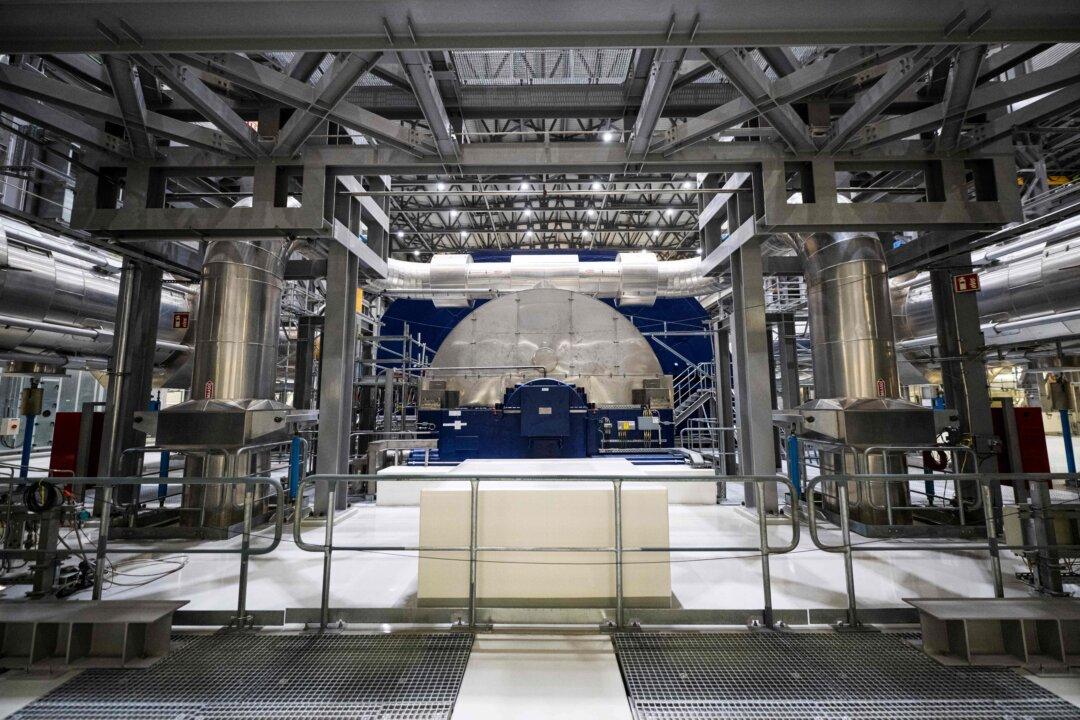The CEO of a uranium company has said Australia is missing out on the global trend of nuclear expansion due to its blanket ban on the technology.
Duncan Craib, managing director and CEO of Boss Energy, which owns and operates the Honeymoon uranium mine in South Australia, shared his concerns during a recent inquiry into nuclear power.





